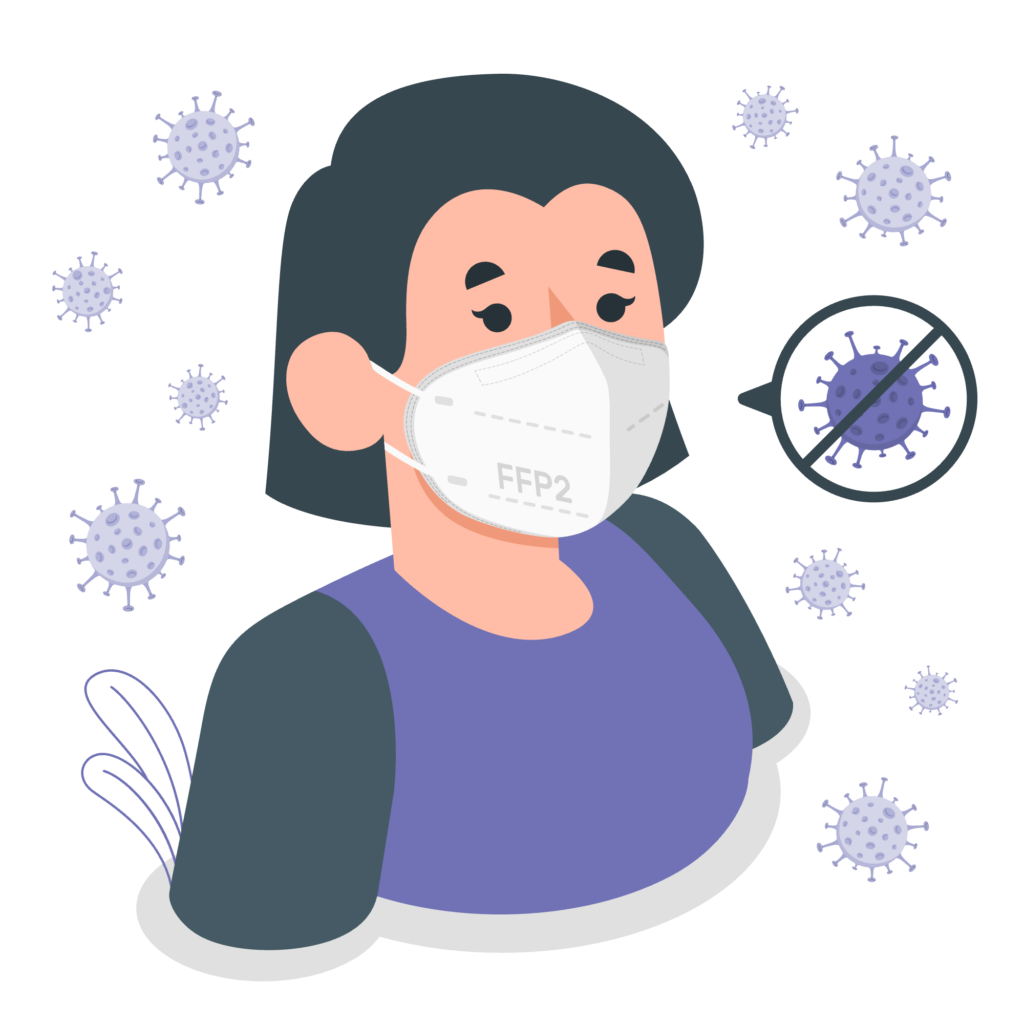COVID-19
Capacity Series

Note: This event occurred in the past. Recordings from the Kansas COVID-19 Capacity Series are below.
If you work in public health, the last several years has required you and your valued colleagues to work tirelessly, serving fellow Kansans like never before. In partnership with the Kansas Department of Health and Environment, the WSU Community Engagement Institute invites you to check out the Kansas COVID-19 Capacity Series.
This was a free three-part series that included topics such as setting boundaries & expectations, the zone of helpfulness, and Kansas public health jurisdictions and authorities as they relate to COVID-19.
This series is primarily designed for Kansas governmental public health staff, but other partners in public health could benefit from the information shared!
This series is made possible by Cooperative Agreement with Centers for Disease Control and Prevention Epidemiology and Laboratory Capacity for Prevention and Control of Emerging Infectious Diseases.
Presenter: Jay Hall, J.D., Kansas Association of Counties.
This session will look at public health governance in Kansas, the role of local health officers and the county commission, and how that has changed in the era of COVID. It will also look at recent legislative changes made to public health law in Kansas, and what that means for local health officials moving forward.
Presenter: Suzanne Hawley, MPH, PH.D. Wichita State University
Public Health professionals face many demands from the numerous roles of their work. More than ever before, COVID-19 has brought even more pressures to work that seems endless. Dr. Suzanne Hawley will talk about developing core values as leaders to prioritize your work and manage self-expectations.
Presenter: Vanessa Lohf, LBSW, Wichita State University – Community Engagement Institute
Building a resilient team includes setting helpful expectations and boundaries – but sometimes that is easier said than done. In this interactive discussion, participants will learn about the “Zone of Helpfulness” Tool that can assist teams in identifying attitudes and behaviors at work that may not be helpful – or are a bit *too* helpful – and what adjustments can be made to support overall team success.
Questions?
Contact the WSU Community Engagement Institute Center for Public Health Initiatives with any questions.
